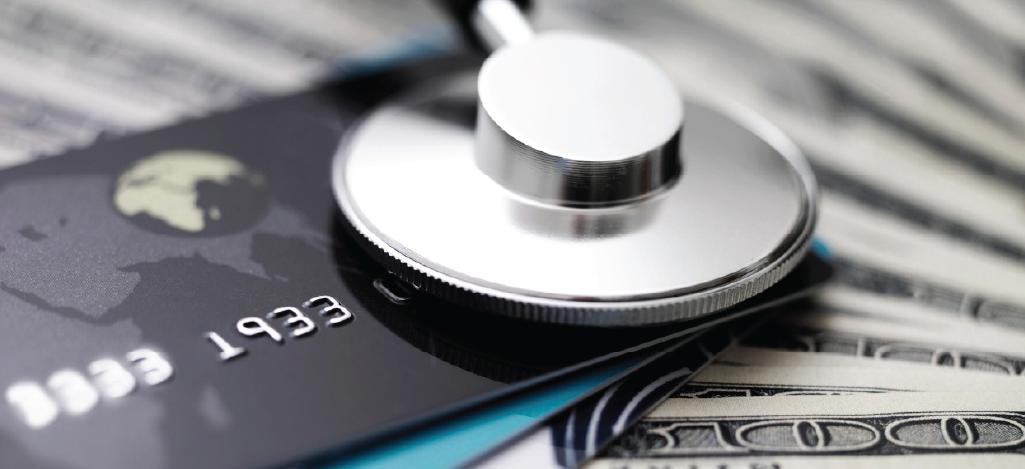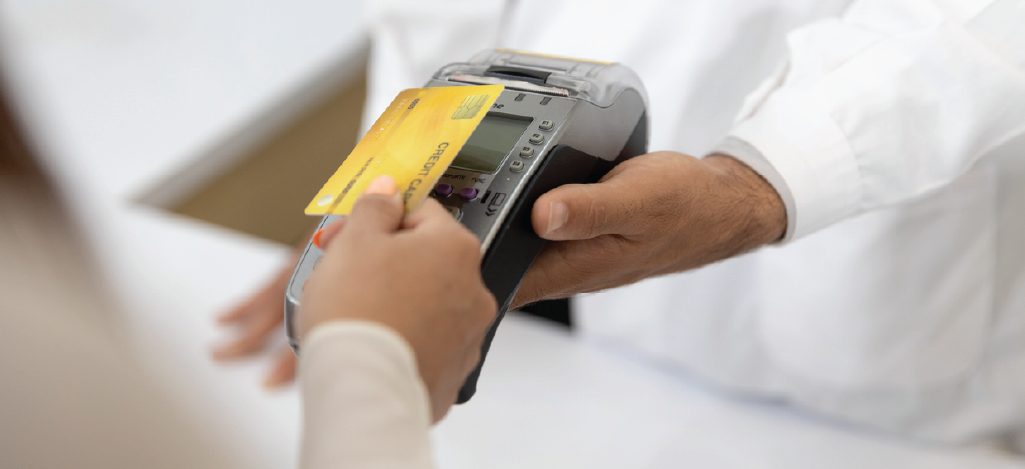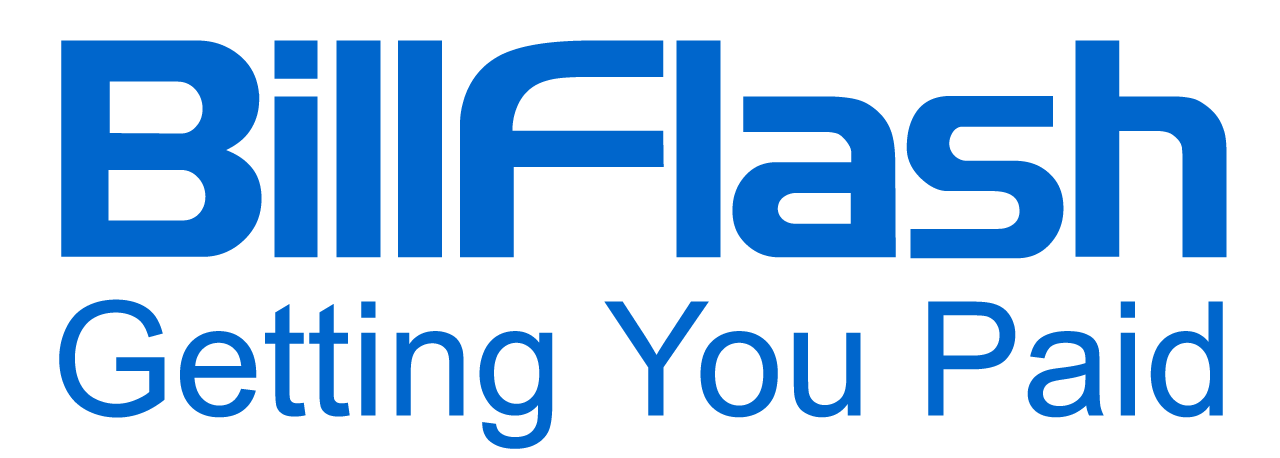Learn more as we discuss some key considerations for offices that need to protect patient data during medical credit card processing.
Data breaches, data leaks, personal data being sold on the dark web, etc. have all unfortunately become common occurrences—and the healthcare industry seems to be placed squarely in the target area of cybercriminals on the hunt for valuable data. For offices processing medical credit card transactions, a security lapse exposing patient data can quickly become a nightmare.
With the healthcare industry generating up to 19 terabytes of clinical data each year, cybercriminals have the potential to gain access to a treasure trove of patient data. This reality makes strong data security protocols essential when processing payments. However, it's about much more than just checking compliance boxes. Effectively protecting sensitive information under a practice's care is an obligation to the people who entrust you to keep their data safe while making a transaction.
In this blog, we will look at common risks, some best protective measures, and some key considerations for medical offices that are on a mission to ensure total patient data protection in medical credit card processing.
Understanding the Risks
Medical offices will continue to be prime targets for data thieves because of the type of information being handled. The types of data housed in medical offices have incredible value on the black market, feeding a long list of criminal enterprises. The collection of information represents a master key for identity fraud rings and extortion schemes targeting patient privacy.
The increasing variety of cyberattacks adds to the threat. Evolving vulnerabilities make some payment processors and healthcare operations low-hanging fruits. Physical skimmers can be secretly installed on payment terminals in a medical office. However, a lapse in security is something that many medical offices believe could never happen at their office. There's always a chance poor security protection could be an inside job—a disgruntled ex-employee who still has access can sabotage the strict security protections that were once in place.
The fallout of a data breach can be outright devastating financially, operationally, and legally. Fines and penalties under HIPAA for improper data disclosure can reach millions, and long legal battles often follow. But nothing will compare to what will happen to patient-provider relationships and the practice's reputation when the duty of protecting private information gets violated. That is why it is so important to implement essential security measures.

Essential Security Measures for Credit Card Processing
Defending your practice against high-stakes threats and securing patient data requires implementing a complete set of data security controls, with encryption being key. You must encrypt all patient information stored in EHR systems and backup databases. Your practice should also apply advanced encryption to the payment details sent to the processor during a credit card transaction.
Strong access management protocols are another crucial layer. Instead of leaving the window wide open, use granular access controls that only grant specific employees or systems the minimum level of data access required for their role and nothing more. Multi-factor authentication should be everywhere, requiring multiple verification methods to successfully log in to a website or application.
Medical credit card processing systems represent a particularly important area requiring comprehensive data protection. Medical offices should only use payment terminals, gateways, and processors that have been certified compliant with PCI-DSS standards and other industry benchmarks. Any solutions that medical offices implement should provide advanced security capabilities. This can include the tokenization of sensitive payment data and fraud detection controls.
On top of those key protections, a steady diet of security best practices should extend throughout all aspects of the medical office's technology infrastructure. Careful logging and monitoring of system events can detect strange activity typical of malicious cyber activity. Consistent vulnerability scanning and quick patching are critical for closing any potential holes. Managing privileges, enforcing the principle of least privilege (PoLP), and following well-defined security policies are all essential activities.
Choosing the Right Payment Solution
The payment processors and solutions used play a major role in protecting sensitive data during medical credit card processing. Larger medical offices may depend on traditional terminal hardware, but they should take some time to re-evaluate the decision if those outdated systems are not able to stay on pace with today's security standards and capabilities.
Transitioning to mobile payment apps and virtual terminal software can give offices a more modern and secure payment processing approach. Mobile payment solutions take advantage of different built-in security features on smartphone and tablet hardware, like biometrics, secure enclave processors, and the encryption of locally stored data. Virtual terminals help to eliminate potential vulnerabilities connected to physical terminals that could be compromised.
Whichever direction is taken, offices must ensure their payment processor and solutions will allow them to manage transaction activity securely. As part of the process, assess how payment processors and vendors manage their internal security practices. Reputable vendors should have no issue sharing details about how they will protect your patients' data during transactions.
Another key factor is ensuring payment solutions can integrate tightly with the medical office's current EHR system, practice management software, and other main systems in ways that maximize full data protection. Direct integrations that streamline payment data flow while minimizing exposure through unnecessary hand-offs are better from a security perspective.

Integrating Security Into Practice Workflow
Once technical controls and payment systems have those strict security measures built in, offices have to fully ingrain data protection in their operation. This starts with security awareness training initiatives for all staff.
Front-line staff must understand best practices like:
- Physical security requirements (i.e. proposing mandatory badge access and implementing clean workspace policies)
- Identifying potential phishing attempts
- Protocols for secure device usage and electronic data handling
Back-office staff, managers, and healthcare leaders need training that aligns perfectly with their roles and responsibilities. This could include administering access controls, managing user privileges, conducting risk assessments, and overseeing security monitoring activities.
For medical offices, the goal should be to streamline secure data handling as much as possible through optimization and automation. Minimizing manual data entry steps reduces risks. Data backup procedures with offsite storage of encrypted backups are often overlooked, but they are something that medical offices need. They should also have an incident response plan tested and updated regularly.
Implementing automated systems for capturing and securely transmitting payment information can limit the need for staff to handle sensitive data. By following these best practices, medical offices can improve data protection when using credit cards. The best practices can also help produce a more efficient and user-friendly experience for patients and staff.
Maintaining Compliance and Data Integrity
Protecting patient data during payment transactions is an ongoing commitment that requires continuous improvement. It should not be another set-it-and-forget-it check box. Medical offices must maintain security awareness as new threats and vulnerabilities enter the picture. This involves conducting security risk assessments to proactively identify weaknesses or gaps in data protection before cybercriminals can exploit them.
Full assessments of your systems can provide a better view that may uncover blind spots when it comes to medical credit card processing. Any issues discovered should be risk-rated, and remediation plans should be prioritized based on how severe they are and their impact levels. An effective security maintenance plan should include detailed processes for applying security patches, software updates, and firmware upgrades across the entire landscape.
Unpatched and out-of-date systems are easy targets for cybercriminals. Ongoing access audits and recertification reviews help enforce principles and remove inappropriate user accounts from systems housing sensitive data. Compliance is another area that requires a steady commitment. As regulatory data security and privacy requirements evolve, medical offices must remain fully aware of changing rules under HIPAA, HITECH, and other laws.

Building Patient Trust
In our current climate of privacy violations and data misuse stories, people are understandably nervous and hesitant about handing over their personal information to anyone, including healthcare providers. Therefore, providers must work proactively to build and nurture patient trust when it comes to data protection in medical credit card processing.
Being fully transparent about the data protection controls and security protocols implemented is a must. Medical offices should provide clear communication detailing the technical safeguards in place. But also explain the operational processes for data handling. When patients see their provider going above and beyond to prioritize data security, it reinforces the ethics and duty of protecting data that underpin quality care delivery.
This commitment to protecting data during payment transactions can be a factor patients rely on when choosing a healthcare provider. However, transparency works both ways. Practices must also educate patients on their responsibilities for protecting sensitive information while making payments.
It's important, though, to avoid causing unnecessary anxiety or making patients feel like their information is always at risk. Make sure that patients know that, while protecting data is a priority, the right controls have been put in place.
Securing Your Practices’ Medical Credit Card Processing
In an era where data is king, protecting patient data during credit card transactions at medical offices is not just a security consideration; it's an obligation.
The consequences of not having secure systems to protect this sensitive information are too severe. It opens the door to identity crime, fraud, regulatory penalties, and a break in patient trust. By taking an in-depth approach with strong technical protections, examining different payment solutions, fully immersing security into operational processes, staying aware of threats, and being transparent with patients, your medical office can uphold its duty to protect this data during every credit card transaction.
Do not look at cybersecurity as an optional risk management exercise. Take this opportunity to learn and take the proper steps to ensure safe transactions. Investing in effective data protection controls makes it possible to safely handle those private patient details during each transaction.
Ready to safeguard your patients' data with seamless medical credit card processing? Schedule a demo of BillFlash Pay today and ensure safe transactions for your practice!

